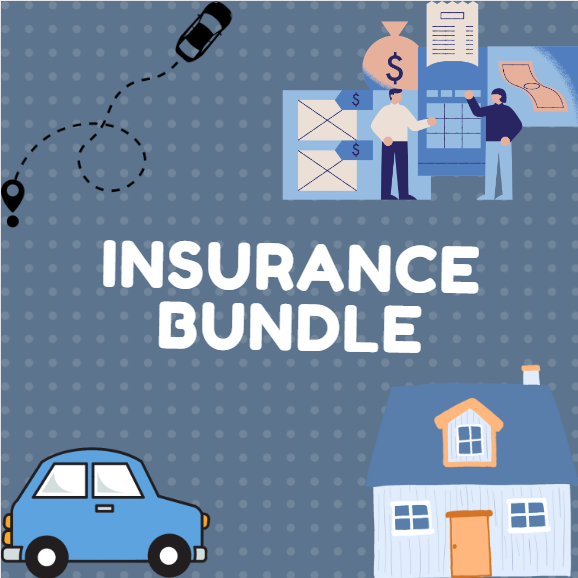Car insurance is an essential part of owning a vehicle. It provides financial protection in case of accidents, or other unforeseen events. When determining your car insurance premiums, insurance companies consider several factors that can influence the cost. Understanding these factors can help you make informed decisions and potentially save money on your car insurance. In this article, we will explore these factors that affect your car insurance premiums.
1. Age of the Driver
Your age plays a significant role in determining your car insurance rates. Generally, younger drivers, especially teenagers, have higher premiums due to their limited driving experience and higher risk of accidents.
2. Driving History
Your driving history, including any traffic violations or accidents, can impact your car insurance premiums. Drivers with a clean record are often rewarded with lower rates, while those with a history of accidents or traffic violations may face higher premiums.
3. Vehicle Type and Model
The type of vehicle you drive can affect your insurance rates. Expensive cars, high-performance vehicles, or vehicles with a higher risk of theft tend to have higher premiums. On the other hand, safe and more affordable cars typically have lower insurance costs.
4. Location
Where you live can also impact your car insurance premiums. Areas with higher crime rates or dense traffic often experience higher rates due to the increased likelihood of accidents or theft.

5. Annual Mileage
The number of miles you drive annually can influence your insurance premiums. Drivers who commute long distances or frequently travel are generally considered higher risk and may have higher rates than those who drive less.
6. Credit History
In some states, your credit history can affect your car insurance premiums. Insurance companies believe that individuals with better credit scores are more responsible and less likely to file claims, resulting in lower rates.
7. Deductible Amount
Your deductible is the amount you agree to pay out of pocket before your insurance coverage kicks in. Opting for a higher deductible can lower your premiums, but keep in mind that you’ll need to pay more in the event of a claim.
8. Coverage Limits
The level of coverage you choose also affects your insurance premiums. Higher coverage limits mean more financial protection but may result in higher premiums. Finding the right balance between coverage and cost is essential.
Understanding the factors that affect your car insurance premiums gives you the opportunity to make informed choices when selecting coverage and potentially save money.
Consider these factors when comparing insurance quotes and always remember to prioritize safety on the road. The more time you spend researching different policies, the better your chances are of finding an affordable plan that meets your needs. Don’t settle for a policy until you understand all the details. Ask questions like: What is covered? Are there any discounts available? How does my driving history affect my rates? Will I be able to file a claim if something happens? Knowing the answers to these questions can help you make an educated decision about your next policy.
For more information about car insurance and how to find the right coverage for your needs, reach out to Path Financial and Insurance Agency to get inquire! Get your car insurance quote by clicking on the link: https://www.agentinsure.com/compare/auto-insurance-home-insurance/pathag/quote.aspx



